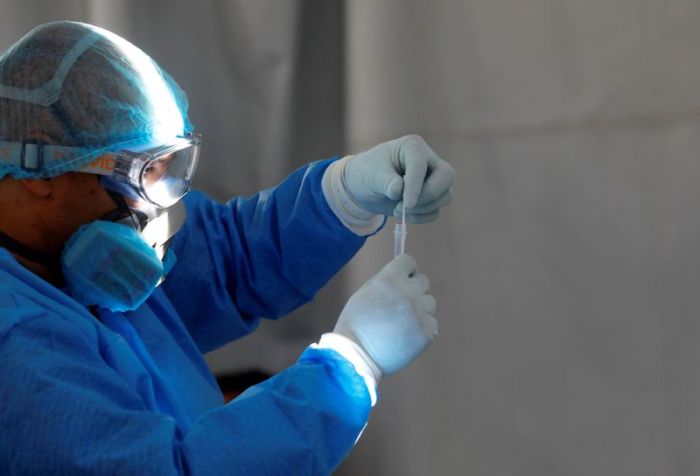OTTAWA (Reuters) – Canada’s economy could rebound faster than expected if consumer spending jumps in the wake of a successful coronavirus vaccination effort, Bank of Canada Governor Tiff Macklem said on Thursday.
On the other hand, if the economy weakens amid a second wave of infections, Macklem indicated the central bank could if necessary cut already record low interest rates.
In late October, the bank said it assumed a vaccine would not be widely available until mid-2022. Since then, several manufacturers have announced potential vaccines that could be distributed starting early next year.
“It is possible, especially when there is a vaccine, that households will decide to spend more than we have forecast and if that happens the economy will rebound more quickly,” Macklem said in response to questions from the House of Commons finance committee. He described the news about vaccines as promising.
In late October, the bank forecast the economy would not fully recover until some time in 2023, a forecast Macklem repeated in his opening remarks.
The path to recovery still faced risks, he said. Earlier this year the bank slashed its key interest rate to 0.25%.
“We could potentially lower the effective lower bound, even without going negative. It’s at 25 basis points, it could be a little bit lower,” Macklem said, repeating that negative interest rates would not be helpful.
The U.S. Federal Reserve has a target for its key rate of 0 to 0.25%. The Reserve Bank of Australia this month cut its policy rate to 0.1%.
Some other central banks also have benchmark rate that are less than 0.25%, such as the European Central Bank and the Bank of England.
“We want to be very clear – Canadians can be confident that borrowing costs are going to remain very low for a long time,” Macklem said.
(With additional reporting by Fergal Smith in Toronto; Editing by Rosalba O’Brien, Tom Brown and Aurora Ellis)
























